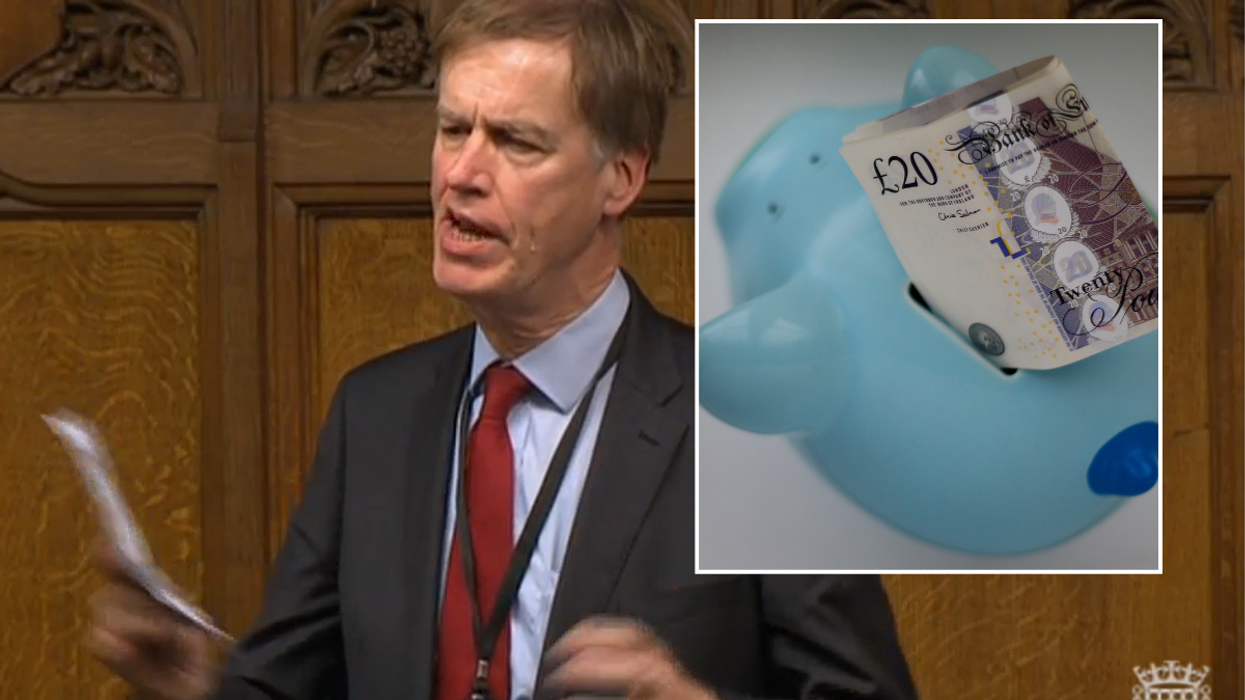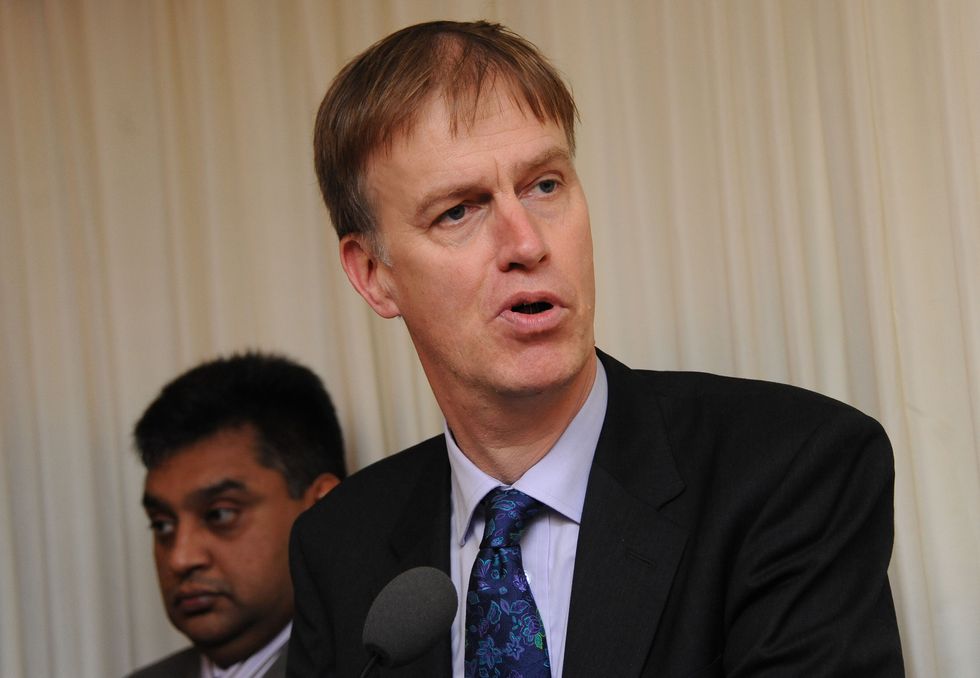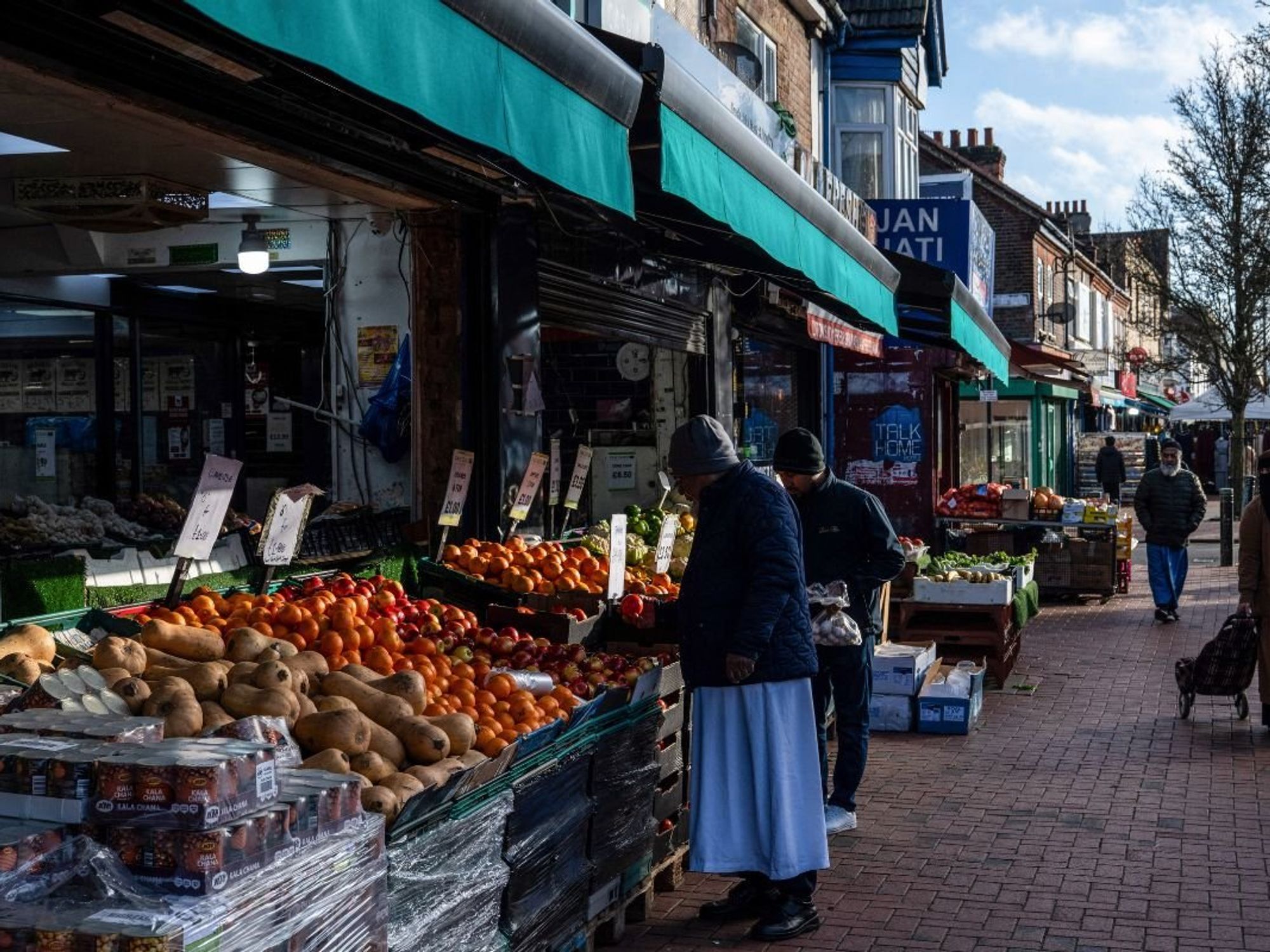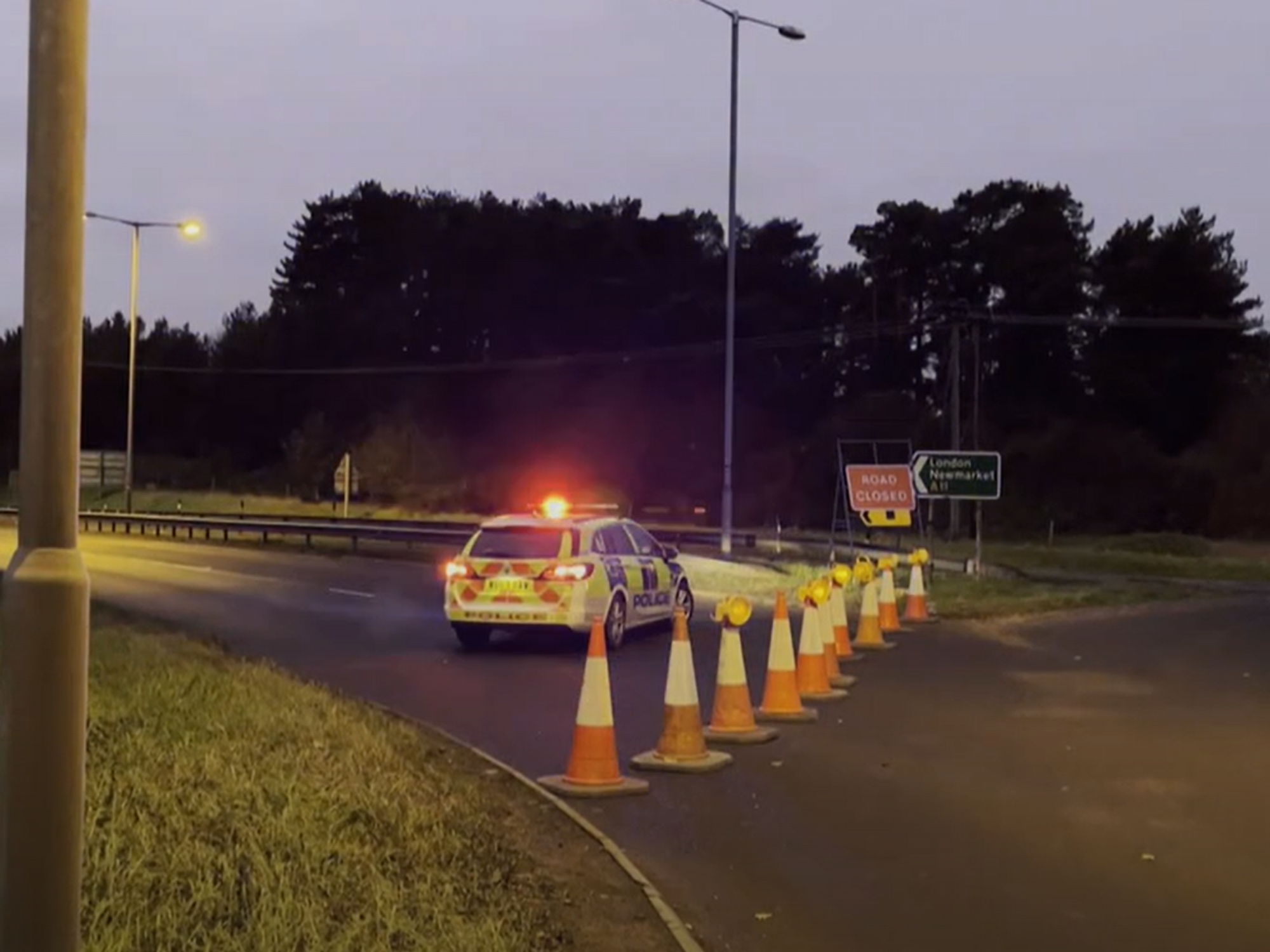'The Triple Lock has worked. We shouldn’t scrap it,' says Sir Stephen Timms

Stephen Timms MP has praised the triple lock | PA
The Labour MP for East Ham says he wants to protect the link between state pension and average earnings
Don't Miss
Most Read
Latest
Between 1994 and 2013, the proportion of pensioners in poverty fell by almost two-thirds.
Pensioners went from having the second highest rate of poverty of any group, after children, to having the lowest. That progress has fallen back since, but only a little.
This sharp decline in pensioner poverty should frame debates about the triple lock, which guarantees that the state pension will increase by the highest of 2.5 per cent, inflation, or average earnings.
Pensioner poverty would not be as low without it. The cross-party Work and Pensions Select Committee has called unanimously for the triple lock to be maintained.

Stephen Timms has been MP for East Ham since 1994. He was Pensions Minister in 1998-9 and 2005-6. Since 2020, he has chaired the Work and Pensions Select Committee.
|Getty
Pensioner poverty rose sharply after the commitment to raise the state pension by the highest of inflation or earnings was dropped in 1980. The value of the basic state pension fell from 27 per cent of median earnings in 1980 to less than 20 per cent in 2000. The rate of pensioner poverty rocketed.
The triple lock evolved in response. The Labour Government first committed to increasing the state pension by the highest of 2.5 per cent or inflation in 2002.
Then, in 2005, the Pensions Commission recommended re-linking the state pension to average earnings. The then Government accepted the recommendation. The Coalition Government combined the two approaches to create the triple lock in 2011.
That people who contributed a lifetime of work should not be in poverty should be a basic premise of the social contract. The Institute for Fiscal Studies has shown that the state pension makes up 71 per cent of earnings for the poorest fifth of households. Keeping pensioners out of poverty is the state pension’s job.
LATEST DEVELOPMENTS:
 File photo dated 12/09/18 showing models of elderly people on a pile of coins and bank notes, as pensioners could face the "double whammy" next April of a real terms cut to their state pension as well as the prospect of energy support being pared back, experts have warned. | gbnews
File photo dated 12/09/18 showing models of elderly people on a pile of coins and bank notes, as pensioners could face the "double whammy" next April of a real terms cut to their state pension as well as the prospect of energy support being pared back, experts have warned. | gbnewsPensions auto-enrolment – a policy devised by the Pensions Commission under Labour, legislated for by the Coalition and implemented by a Conservative Government – has been a striking success.
One of the reasons is that people saving in a pension can now be confident that, with the state pension going up at least in line with earnings, their pension won’t fall below the means-tested threshold when they retire, and so be eaten away by means testing.
It is true that the cost of the triple lock is growing.
Last year, the state pension and winter fuel payment cost 5.1 per cent of national income, £132billion, up from 4.2 per cent of national income in 2003/04. As its cost grows, pressure to scrap the triple lock will too.
Margaret Thatcher scrapped the link between the state pension and average earnings. Our priority should be to protect it, in order to safeguard the incentive to save.
That is the best way to deliver adequate retirement incomes, and also to secure capital for much-needed investment in the UK economy.
If national income rises in line with average earnings, the cost to the state should be sustainable in the long term.
At the same time, we should remember that the reduction in pensioner poverty has far exceeded poverty reductions among other groups. Over 20 per cent of the total UK population is in poverty, and poverty among children has risen sharply










